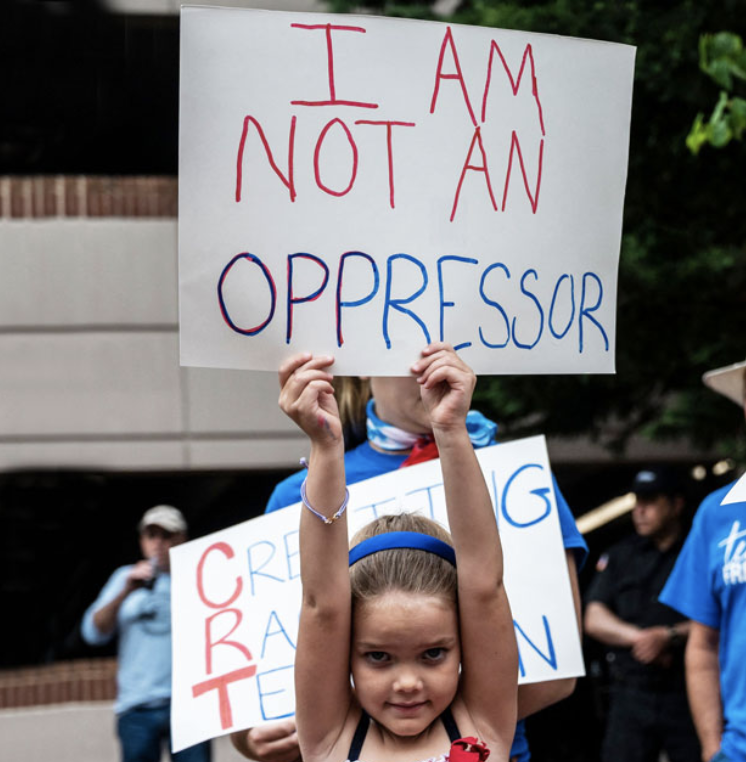NH Dems Celebrate Defeat of Anti-CRT Law as Return of ‘Honest Education’

For state Rep. Keith Ammon (R-New Boston), Tuesday’s ruling striking down the state’s anti-discrimination in education law meant one thing.
“Judge Barbadoro just put stopping Critical Race Theory back on the ballot in November.”
New Hampshire Democrats, teachers unions, and the state chapter of the ACLU all celebrated United States District Court Judge Paul Barbadoro’s decision to declare the law unconstitutional. The Right to Freedom from Discrimination in Public Workplaces and Education law — often referred to by the judge and its critics as the “divisive concepts” law — was passed in 2021 in response to concerns about Critical Race Theory (CRT) content in classrooms. It barred any public employee from teaching or training others that race, sex, or other inherent characteristics made an individual racist, sexist, etc.
Democrats are delighted to see the law go.
“I am pleased that Judge Barbadoro recognized today what the Senate Democrats have said for years: the Republican’s ‘divisive concepts’ law is an unconstitutional infringement on the rights of Granite Staters,” said state Senate Democratic Leader Donna Soucy (D-Manchester).
And both Democrats running for governor confirmed Ammon’s prediction that the ruling would result in a partisan political battle.
Former Manchester Mayor Joyce Craig promised to shut down any Republican who tries to revive the law.
“As governor, I’ll stop any bill that threatens teachers’ ability to teach and prevents students from receiving an honest education,” Craig said.
Her fellow Democratic candidate for governor, Executive Councilor Cinde Warmington, said the law “sought to undermine public education by subjecting educators to arbitrary and discriminatory enforcement and penalties. I am relieved to see the court’s ruling today declaring this law unconstitutional.”
And House Democratic Leader Rep. Matt Wilhelm (D-Manchester) linked the law to GOP-backed legislation for keeping boys out of girls’ bathrooms and off of girls-only sports teams.
“Make no mistake—the Republican Party will stop at nothing to infringe upon our children’s freedom with nonsensical culture wars like their “divisive concepts” ban, book bans, sports bans, and bathroom bans,” Wilhelm said.
But Republicans blasted the ruling. Sen. Tim Lang (R-Sanbornton) said it will allow teachers to promote racist CRT-inspired ideology in public classrooms.
“Seems odd the court thinks it’s OK to allow teachers to teach, based on your race, you are inherently a victim or a perpetrator of racism. Which is what the ‘divisive concepts’ law prohibited, no person is inherently racist based on race,” Lang said.
Chuck Morse, who’s running in the GOP primary for governor, helped craft the legislation and get it to Gov. Chris Sununu’s desk. He said he will work to push through a law that passes constitutional muster if elected.
“We must equip our students with the tools to think critically and engage with each other respectfully, without the influence of biased and discriminatory teachings,” Morse said. “My administration will prioritize transparency, and adherence to constitutional principles to ensure that any new legislation will stand up to judicial scrutiny and serve the best interests of our students.”
Teachers union president Deb Howes with the New Hampshire American Federation of Teachers disagrees, saying Tuesday’s ruling should be the end of the lesson.
“This decision should put to rest the issue, and New Hampshire teachers will no longer have to live under a cloud of fear of getting fired for actually teaching accurate, honest education.” Howes said.
Ironically, the ruling may boost support for the Education Freedom Account program Howes and her Democratic allies oppose. Parents who discover they can’t prevent their children from being labeled “racist” or “privileged” by their local public school may turn to the EFA program to send their kids elsewhere.
Before the law passed, CRT-based content was being used in school districts like Manchester, Laconia, and Litchfield. However, there is no record of any teacher or administrator being subjected to enforcement under the law.
Manchester School District’s Diversity, Equity and Inclusion (DEI) Director Christina Kim Philibotte and Andres Mejia, the former DEI director at SAU 16, said the ruling will let teachers get back to caring for “students of color, students from the LGBTQ+ community, and students with historically marginalized identities.”
“It is critically important that students see themselves in the books they read and in the classroom discussions they have to ensure that they feel cared for and valued,” Philibotte and Mejia said in a joint statement.





